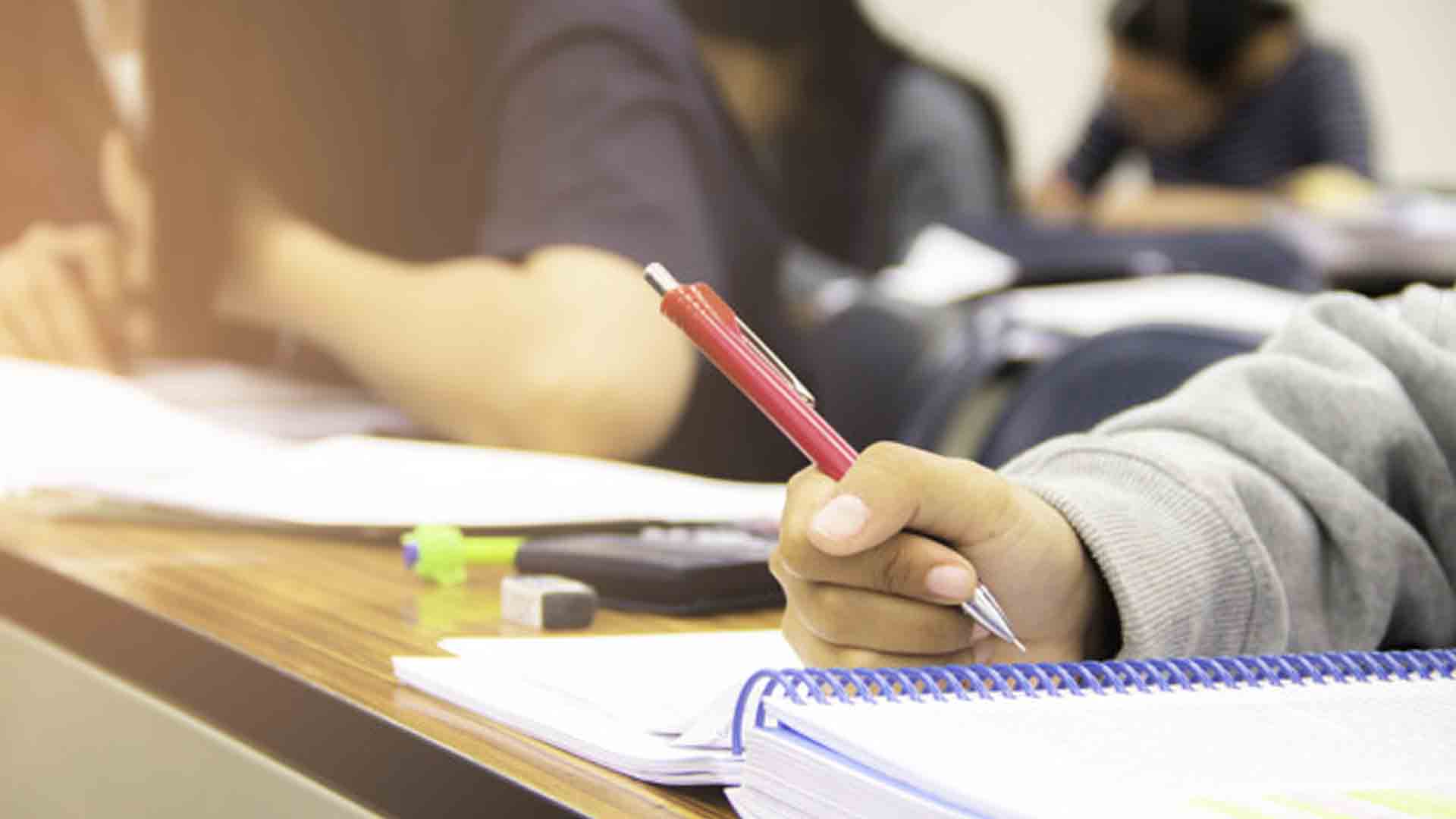Four years after President Rodrigo Duterte has signed into law the Universal Access to Quality Tertiary Education Act (UAQTEA) or Republic Act 10931, over 1.6 million students who have benefited from it would be graduating in 2022, Commissioner on Higher Education chair J. Prospero de Vera III said.
The UAQTEA promotes quality college education by providing free tuition in state universities and colleges, local universities and colleges, and state-run technical-vocational institutions.
It also establishes the tertiary education subsidy and student loan program and strengthens the unified student loan program and financial assistance system for tertiary education.
As soon as the law took effect in 2017, college students automatically enjoyed the benefits of not paying tuition.
One of them was Bicol University AB Journalism graduate Jomari Castigador, who was on his third year in college back then.
Before the law took effect, his parents used to pay PHP4,000 to PHP5,000 for his tuition per semester.
With the passage of the UAQTEA, Jomari’s parents only paid the PHP700 to PHP1,000 per semester for miscellaneous fees. At the time, state colleges and universities were able to decide which miscellaneous items could be charged or not on the students.
“May bayad pa rin sa time ko ang miscellaneous fees. 2019 po ako grumaduate, so ‘di ko po alam if after namin may bayad pa rin (We paid for miscellaneous fees during my time. I graduated in 2019, so I don’t know if after that there are still miscellaneous fees),” Jomari said.
While his parents still paid for the miscellaneous fees, Jomari said the significant reduction in the amount of money that they had to pay every semester was a huge help to them and his classmates who belonged to poor families.
The daily wage of Jomari’s father, a truck driver, is dependent on the sales their team is able to make each day.
“Siguro, mataas na po ang isang libo sa isang araw pero hindi po araw-araw ‘yon. Wala pong trabaho ang mama ko pero suma-sideline po sya sa pananahi, wala pong permanenteng kita pero nakakatulong po para maitawid ang pang-araw-araw (He earns a maximum of PHP1,000 per day but it doesn’t happen daily. My mom is a homemaker and she sews as a sideline to cover our daily expenses),” he said.
In a television interview, de Vera said there are more than 200 state colleges and universities nationwide which have participated in the government’s program to provide free quality education for the Filipino youth.
De Vera noted that the first component of the UAQTEA is the free tuition and miscellaneous fees and the second component is Tertiary Education Subsidy which is given to 4Ps families who belong to the 2.0 list of the Department of Social Welfare and Development.
Students included in the list will get PHP40,000 if they are enrolled in a public university and PHP60,000 pesos if enrolled in a private university.
The TES also covers students who are studying or staying in city or municipalities where there are no public universities.
“The first one is access because there is financial need, the second one is access because of geographic distance to public universities. And the last batch, a student loan program for students who still need financial assistance, we have the TES loan program in universities right now,” he said.
The loan program targets the students who are children of overseas Filipino workers who are unable to pay for academic expenses on time because they are still waiting for remittances.
“If you pay your loan within the school year, free interest, zero interest. So the TES is now enjoyed by close to half a million Filipinos, many in public schools but also in private universities,” de Vera said.
Investing in the future generation
The best investment the administration has done is to invest in young people who will become highly-educated individuals in 10 to 15 years from now, de Vera said.
He urged those who are questioning the Free Education Law to go on the ground to visit the families of the beneficiaries to see how the students benefit and value their free education.
After Jomari graduated in April 2019, he was hired by a BPO firm in Manila two months later. Right now, just like many workers, he’s working from home due to the pandemic.
“Sa ngayon, 2 years mahigit na po ako sa same na kompanya. Katuwang po ako ng mga magulang ko sa pagpapaaral sa kapatid ko (I’m staying with the same company for two years now. I’m helping my parents send my younger brother to school),” he said.
Like many families, the pandemic has upended their lives. His father’s firm was among the hardest hit since most stores were closed.
“Natigil po sila ilang buwan, ngayon naibalik po, pero skeletal naman. Kaya ganon pa rin po, iyong kita niya ‘di na po niya mai-share sa probinsya kasi kulang naman na po (They had no work for few months, now they’re back to work, but skeletal [system]. He’s not able to send money to the province),” he said.
“Ako na lang po ang may regular na trabaho at regular na nakapagpapadala sa probinsya ngayong may pandemya kaya salamat nakatapos ng pag-aaral (I’m the only one who has a regular job and is able to send money to the province this pandemic so I’m thankful that I finished college),” he added. (PNA)







